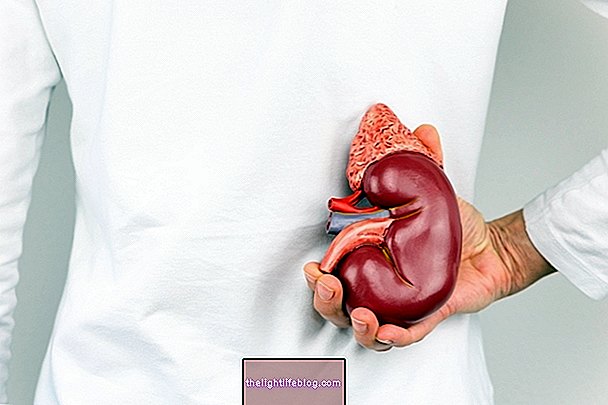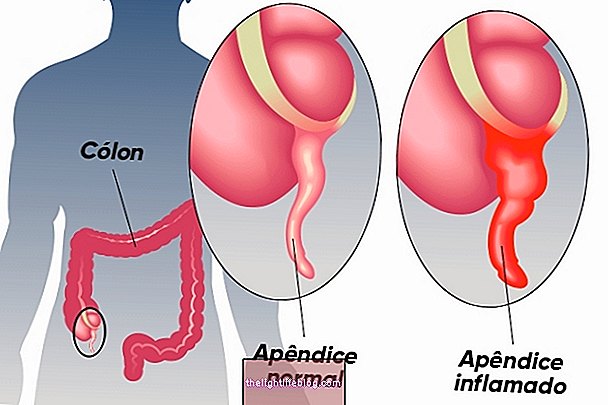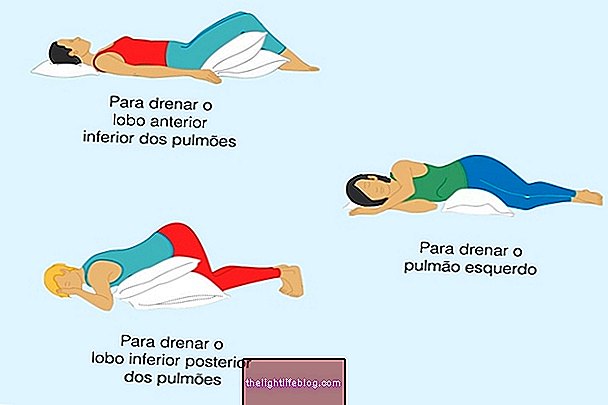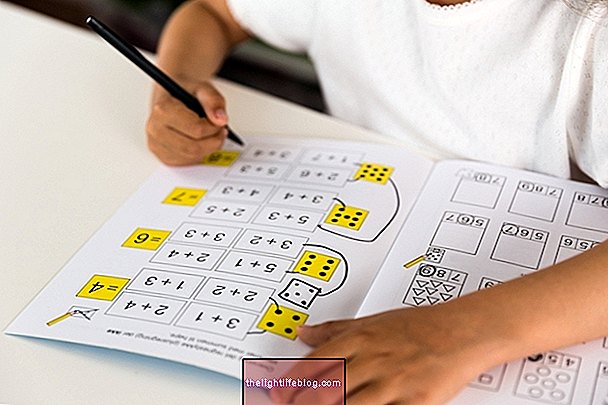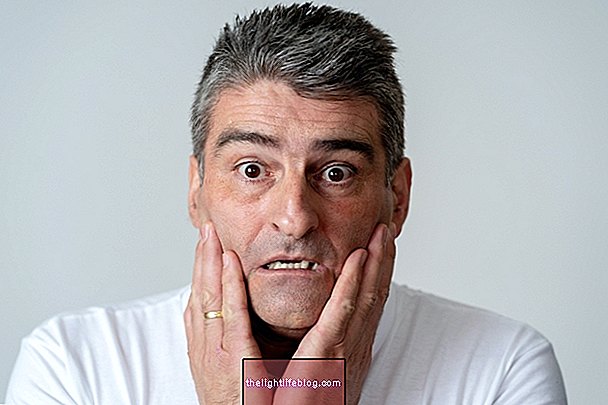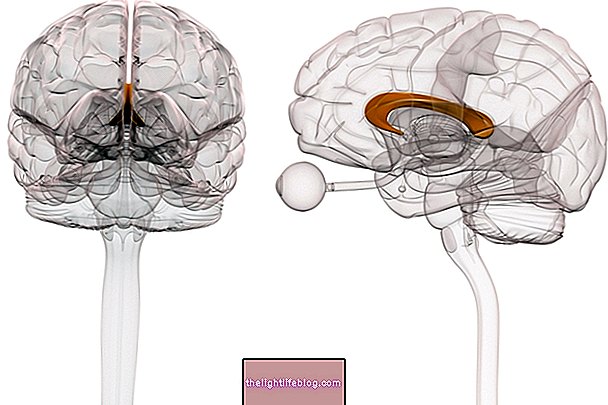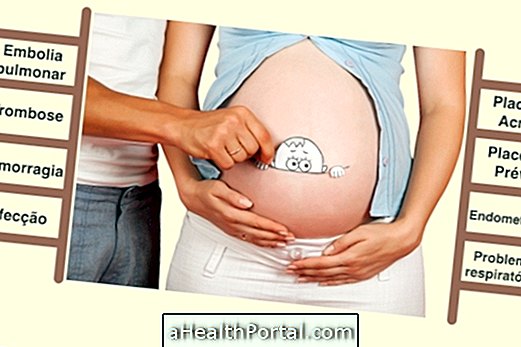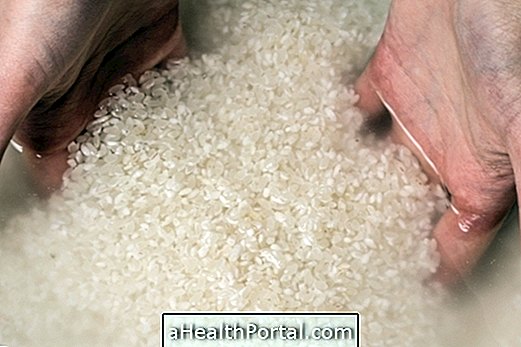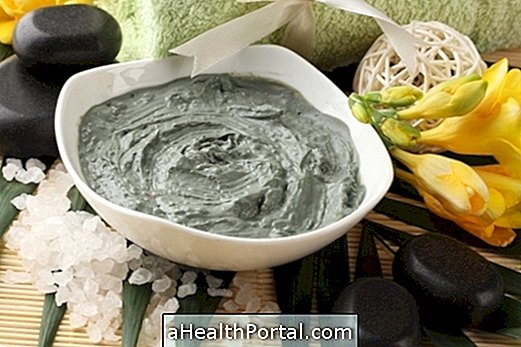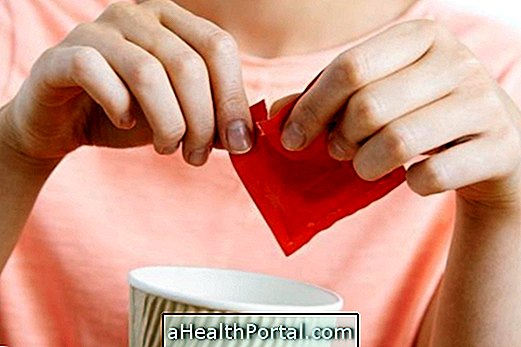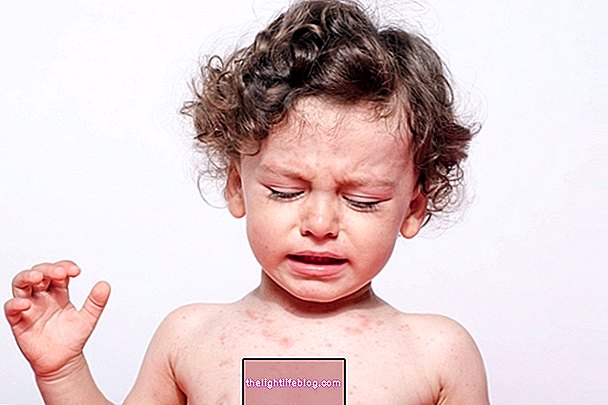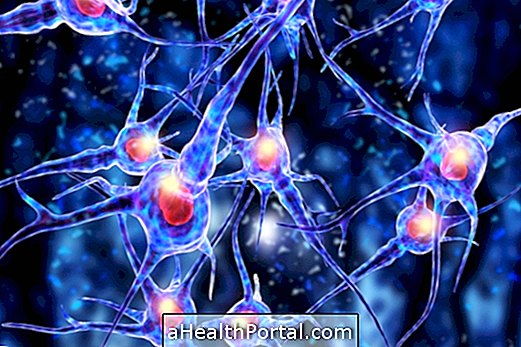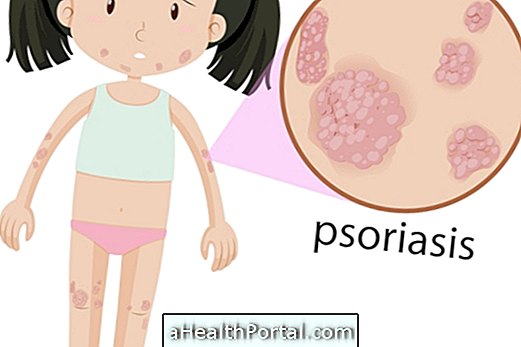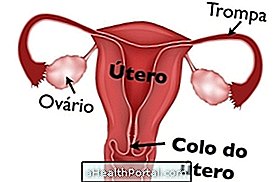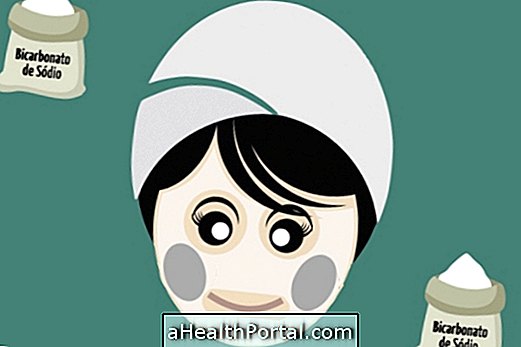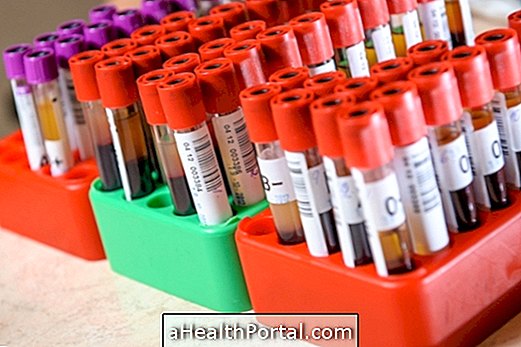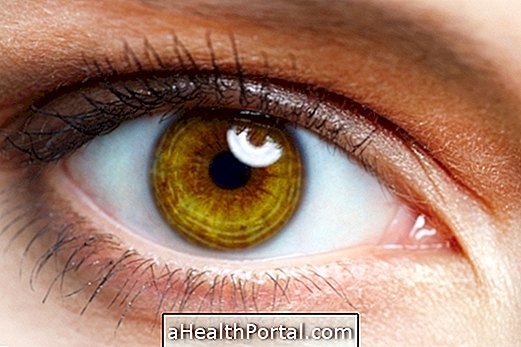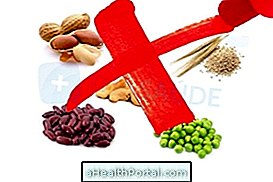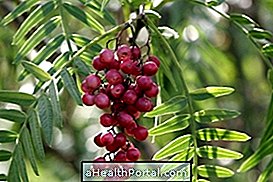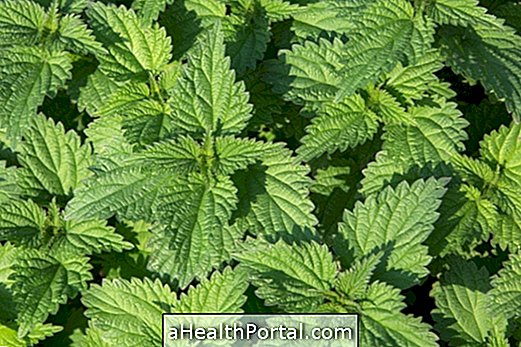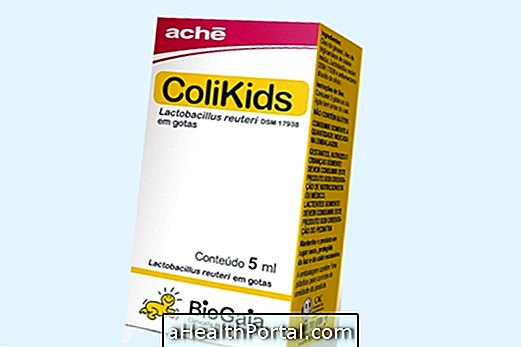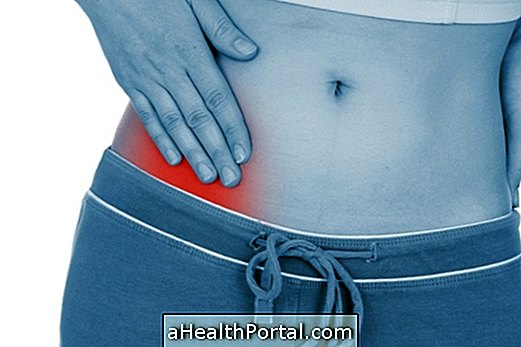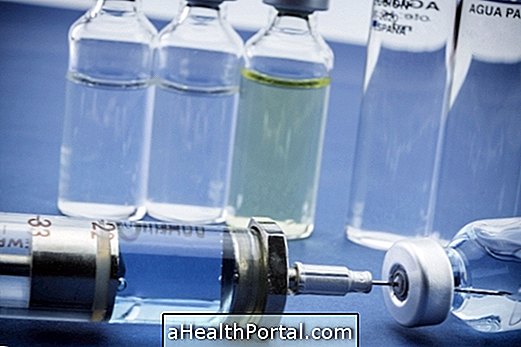The gallbladder is a pear-shaped organ that has the function of concentrating, storing and excreting bile, which consists of cholesterol, bile salt, bile pigments, immunoglobulins and water. Bile remains stored in the gallbladder until it is needed in the duodenum, where it will act, to digest dietary fats.
During periods of fasting, the common bile duct is closed by a sphincter responsible for duct control. The period in which the sphincter remains closed corresponds to the phase of storage and concentration of bile.
In some cases, bile problems may arise due to the quality of the diet, use of medications, obesity or other health problems, and the doctor should be consulted as soon as the first symptoms appear.

Gallbladder problems
Some of the gallbladder problems that can occur are:
1. Gallbladder stone
The concentration of the components of bile must always be balanced, because otherwise, cholesterol can precipitate and form stones inside the vesicle, which can cause obstructions and digestive problems. In addition, stones can also form if bile remains trapped in the gallbladder for a long period of time.
The formation of loss in the gallbladder occurs more frequently in diabetics, black people, sedentary people, use of some medications, such as contraceptives, obese people or women who have been pregnant. Find out if you can have gallstones by taking the test online.
What to do:
The treatment for gall bladder can be done with an adequate diet, medication, shock waves or surgery, which will depend on the symptoms, the size of the stones and other factors such as the person's age and weight and other diseases that may be associated . Learn more about treatment.
2. Lazy gallbladder
The lazy vesicle is popularly known for a change in the functioning of the vesicle, which stops releasing bile in sufficient quantity to digest the fats in food, causing symptoms such as poor digestion, bloating, excess gas, heartburn and malaise.
The malfunction of the gallbladder can be caused by the deposition of crystals in the bile, hormonal problems, and also by the contraction of the gallbladder or Oddi's sphincter, which controls the outflow of bile into the intestine.
What to do:
The treatment for lazy gallbladder can vary according to the symptoms and the cause that is at its origin, but it is usually initiated with care in the diet to reduce the amount of fat. Know what the treatment for the lazy gallbladder consists of.
3. Polyps in the gallbladder
The gallbladder polyp is characterized by an abnormal growth of tissue inside the gallbladder wall, being in most cases asymptomatic and benign and discovered during abdominal ultrasound exams or during the treatment of another gallbladder problem.
However, in some cases, symptoms such as nausea, vomiting, right abdominal pain or yellowish skin may appear.
What to do:
The taring depends on the size of the polyps, pending surgery. Find out how the treatment is done.
4. Cholecystitis
Cholicystitis is an inflammation of the gallbladder, causing symptoms such as colic abdominal pain, nausea, vomiting, fever and tenderness of the abdomen, and it can happen acutely, with intense and rapidly worsening symptoms, or in a chronic way, when the symptoms are milder and last for weeks to months.
The most common causes of cholecystitis are the presence of gallstones or a tumor in the gallbladder.
What to do:
The treatment of cholecystitis can be carried out with the use of antibiotics and analgesics and in some cases, surgery. Learn more about the treatment.
5. Bile reflux
Bile reflux, also known as duodenogastric reflux, consists of the return of bile to the stomach or esophagus and can occur in the period after meals or during prolonged fasting, causing an increase in pH and changes in the protective layers of mucus in the stomach, which favors the proliferation of bacteria, causing symptoms such as upper abdominal pain, nausea and vomiting.
What to do:
Treatment consists of taking medications and in more severe cases, surgery may be necessary. See more about treatment.
6. Cancer
Gallbladder cancer is a rare and serious problem that usually does not cause symptoms, being, in most cases, discovered at an advanced stage, and may have already affected other organs. Learn more about gallbladder cancer and how treatment is done.
Watch the following video and know what to eat to avoid having gall bladder problems:

Was this information helpful?
Yes No
Your opinion is important! Write here how we can improve our text:
Any questions? Click here to be answered.
Email in which you want to receive a reply:
Check the confirmation email we sent you.
Your name:
Reason for visit:
--- Choose your reason --- DiseaseLive betterHelp another personGain knowledge
Are you a health professional?
NoMedicalPharmaceuticalsNurseNutritionistBiomedicalPhysiotherapistBeauticianOther
